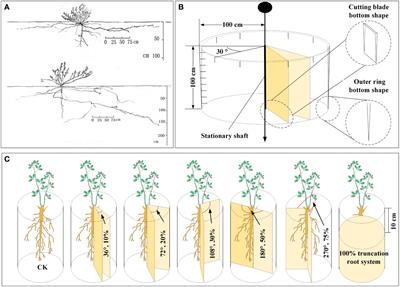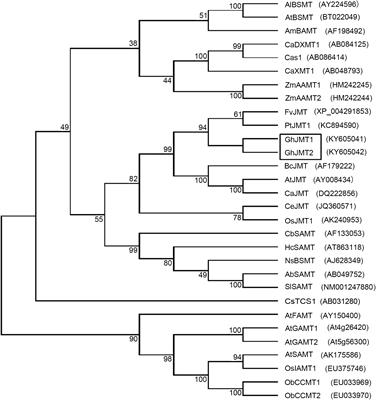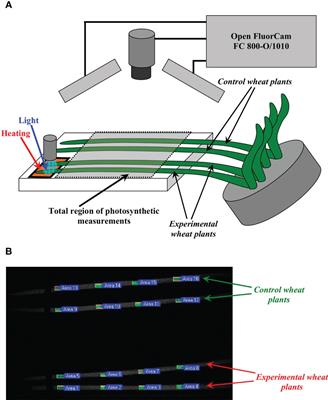EDITORIAL
Published on 18 Jul 2024
Editorial: Electrical signals in leaves - mirrors of health and physiological activities in plants
doi 10.3389/fpls.2024.1458116
- 537 views
4,698
Total downloads
21k
Total views and downloads
EDITORIAL
Published on 18 Jul 2024
ORIGINAL RESEARCH
Published on 15 Jan 2024

ORIGINAL RESEARCH
Published on 05 Sep 2023

ORIGINAL RESEARCH
Published on 05 Apr 2023

ORIGINAL RESEARCH
Published on 01 Apr 2022

ORIGINAL RESEARCH
Published on 18 Mar 2021

ORIGINAL RESEARCH
Published on 03 Mar 2021
